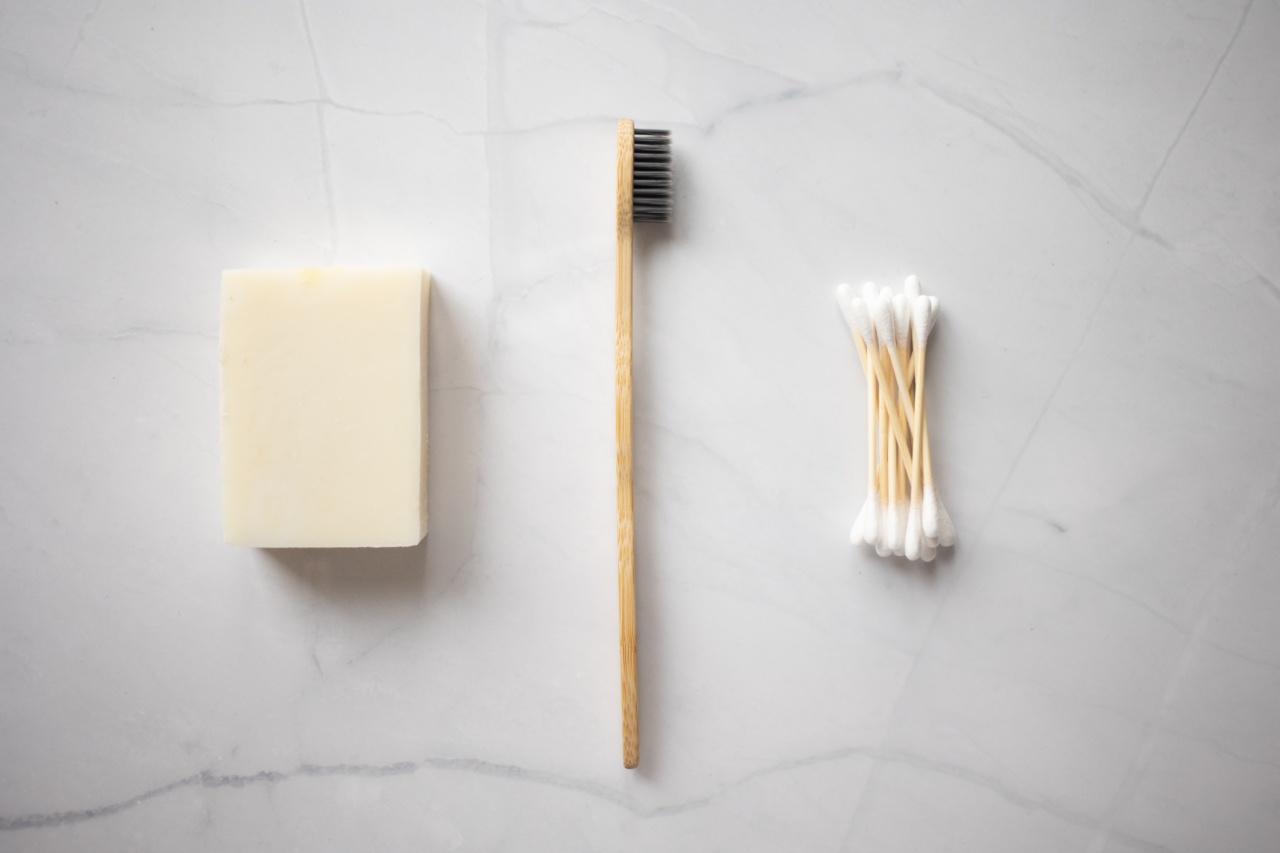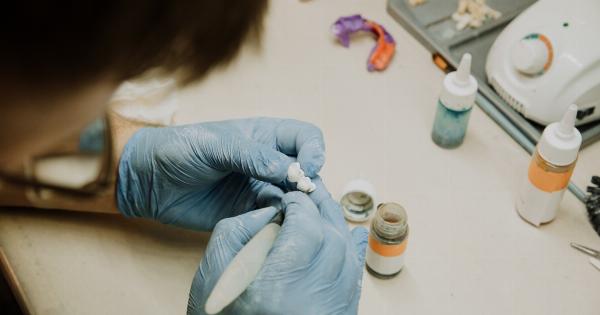Bad breath can be embarrassing and can negatively affect your social interactions, personal confidence, and relationships. Fortunately, there are many steps you can take to prevent bad breath and improve your oral hygiene.
The following are tips from top dentists and dental hygienists that are guaranteed to give you fresh breath and a sparkling smile.
1. Brush Twice a Day
One of the cornerstones of good oral hygiene is brushing your teeth at least twice each day to remove plaque buildup and prevent cavities, gum disease, and bad breath.
Use a toothbrush with soft bristles to avoid brushing too hard and damaging your gums. And don’t forget to brush your tongue, as it can harbor bacteria, which often lead to bad breath.
2. Floss Daily
Flossing is essential for removing plaque and food particles from between your teeth, where your toothbrush can’t reach.
If you don’t floss regularly, you’re missing around 35 percent of your tooth surface area, increasing your risk of cavities and gum disease. Floss at least once per day, using a fresh section of floss for each tooth.
3. Use Mouthwash
Mouthwashes offer an additional layer of protection to your oral hygiene routine, fighting bacteria and germs responsible for bad breath.
Choose an alcohol-free mouthwash with antimicrobial properties and swish it around your mouth for at least 30 seconds twice a day after brushing and flossing.
4. Stay Hydrated
Drinking plenty of water helps to moisten your mouth and rinse away food debris and bacteria that cause bad breath. Aim to drink at least eight glasses of water each day, and avoid dehydrating beverages such as alcohol and coffee.
5. Choose Breath-Friendly Foods
Diet plays a vital role in oral hygiene, and choosing breath-friendly foods can significantly improve your breath. High-fiber foods like apples, carrots, and celery, act as natural toothbrushes, scrubbing away plaque and bacteria.
Yogurt and other probiotic-rich foods help to balance the bacteria in your mouth, reducing the risk of bad breath.
6. Quit Smoking
If you smoke, one of the best things you can do for your oral health and overall health is to quit smoking. Not only does smoking discolor your teeth and increase your risk of gum disease, but it also contributes to bad breath.
Smoking irritates your mouth and throat, causing your breath to smell stale and unpleasant.
7. Chew Sugar-Free Gum
Chewing sugar-free gum helps to stimulate saliva production, which washes away food debris, bacteria, and acids that cause bad breath. Choose gum with xylitol, a sugar substitute that is known to reduce bacteria in the mouth.
However, avoid gum that contains sugar or hard candies, as they can get stuck in your teeth, leading to dental problems.
8. Seek Regular Dental Checkups
Prevention is key to good oral health, and regular dental checkups are essential for maintaining your teeth and gums in good condition. Book an appointment with your dentist every six to twelve months for a professional cleaning and oral examination.
Your dentist can spot early warning signs of dental problems and offer advice on how to improve your oral hygiene.
9. Use Natural Remedies
Natural remedies can significantly improve your breath and keep your mouth healthy. Try rinsing your mouth with a mixture of warm water, salt, and baking soda to neutralize the acids in your mouth and freshen your breath.
Chewing on fresh herbs like parsley, mint, and cilantro can also improve your breath naturally.
10. Pay Attention to Your Oral Health
Finally, pay attention to your oral health and take note of any changes in your breath or mouth. If you experience persistent bad breath or other dental problems, seek the advice of your dentist or dental hygienist.
They can provide a customized oral hygiene plan to help you achieve fresh breath and maintain good oral health.





























